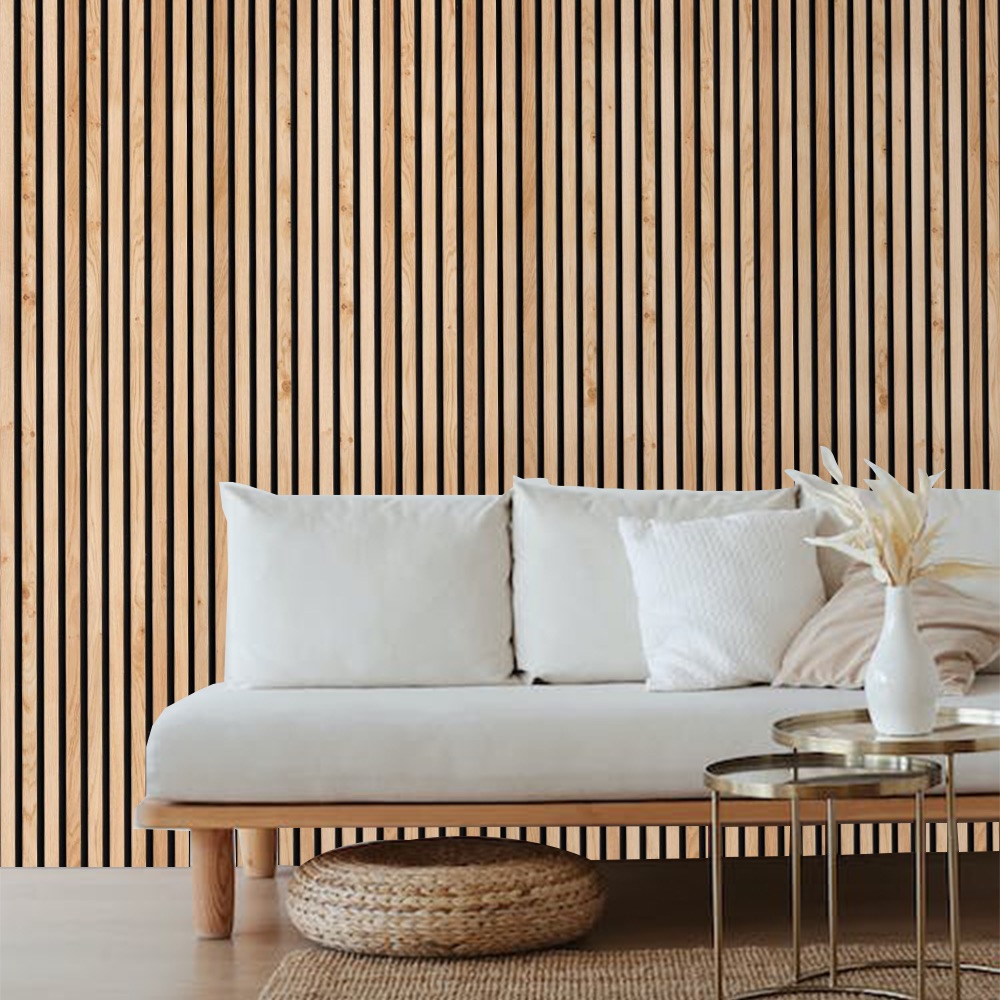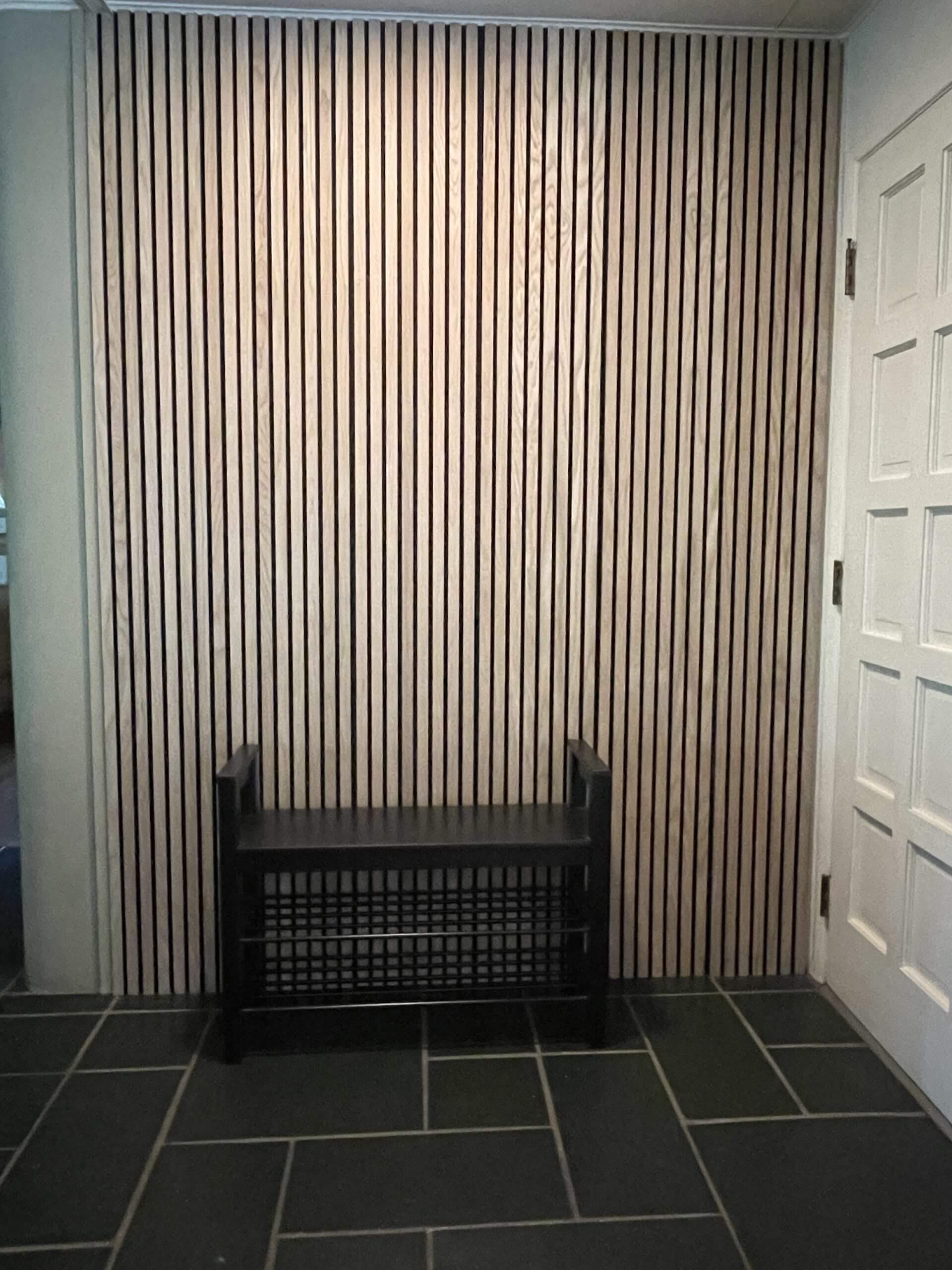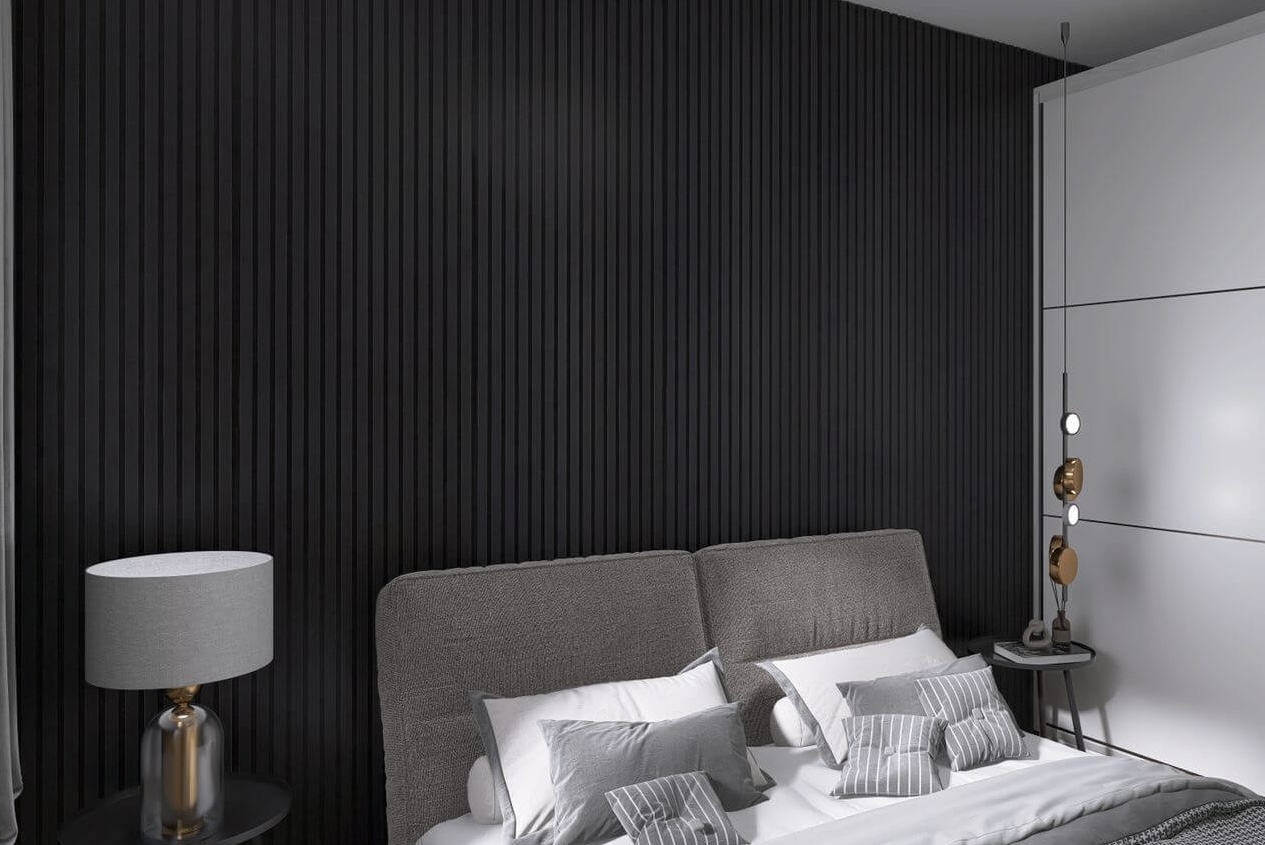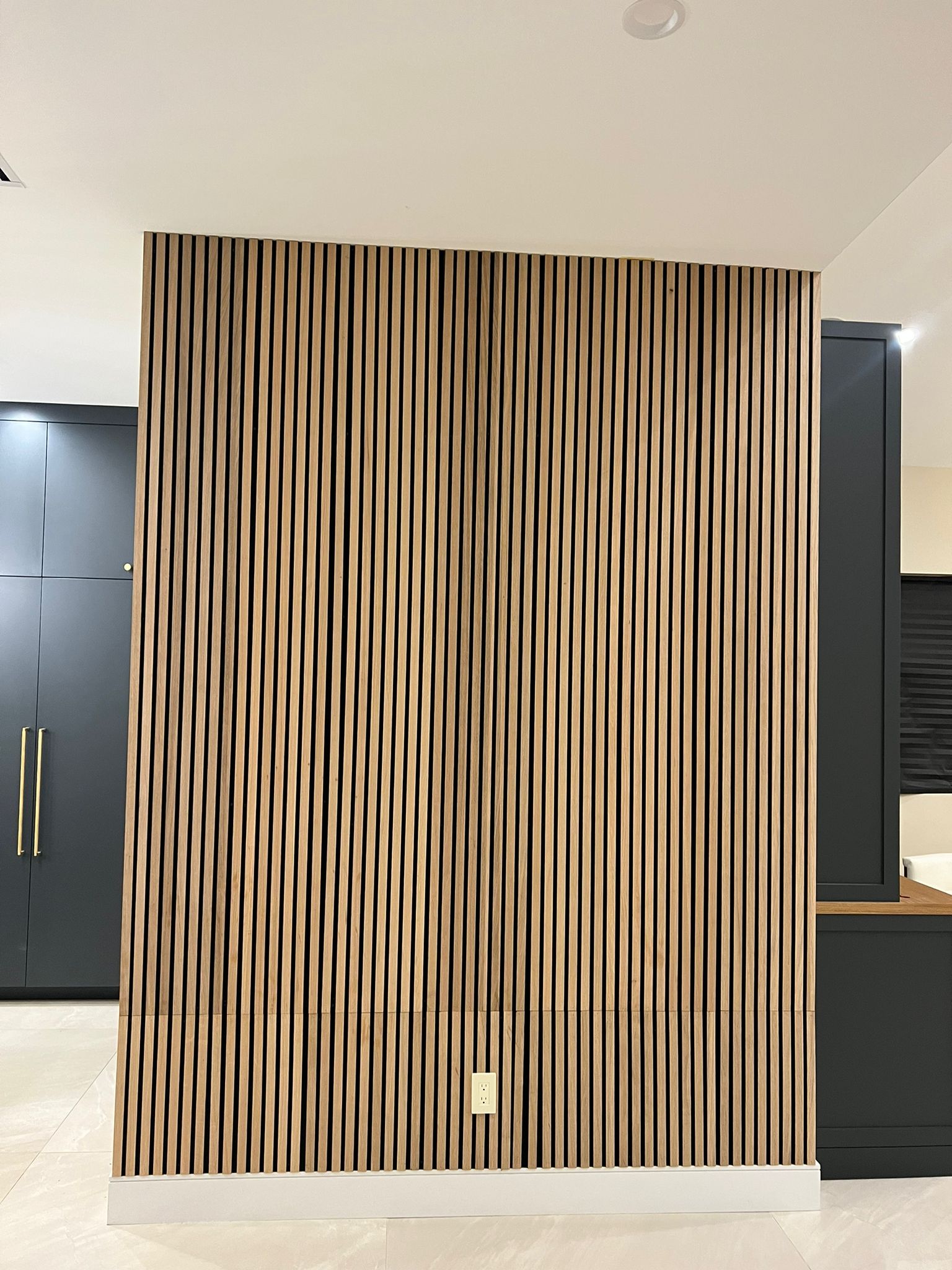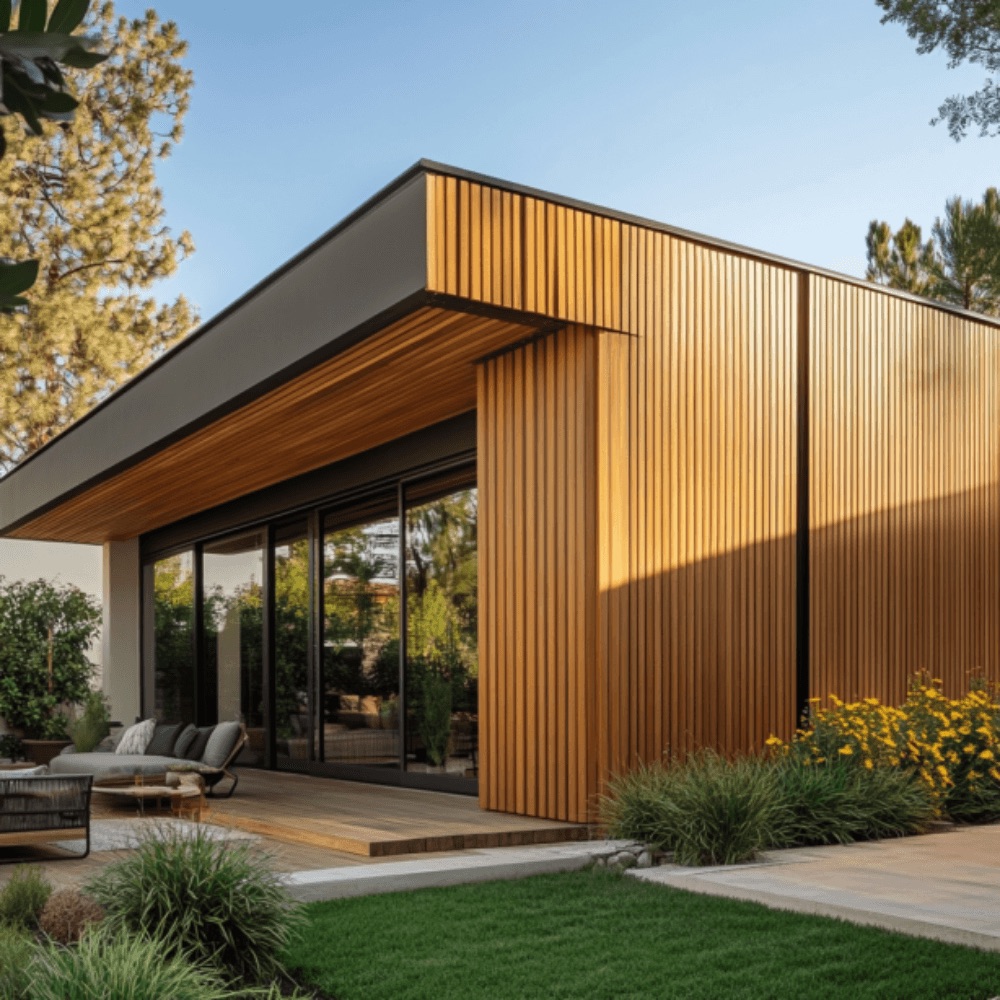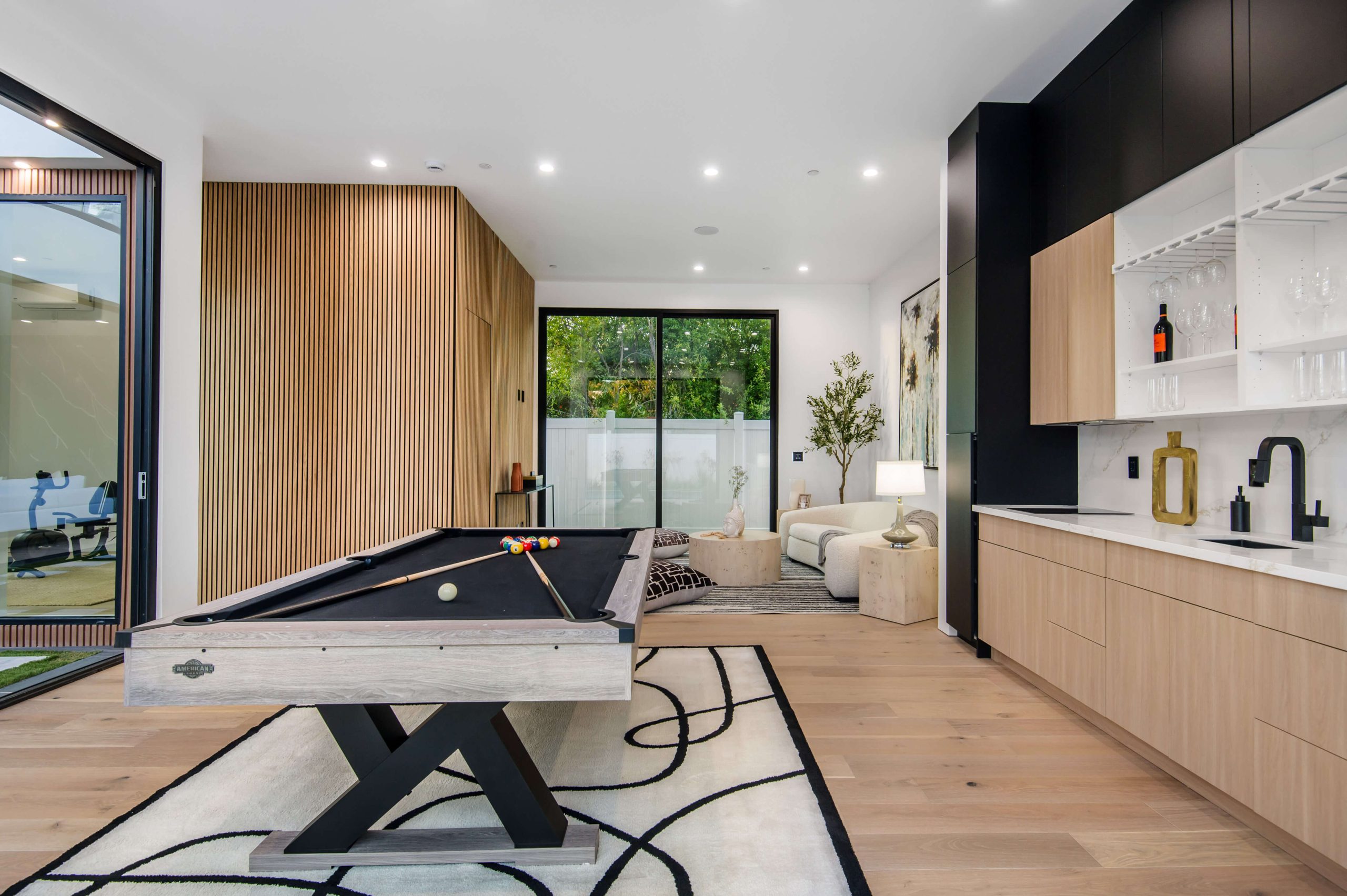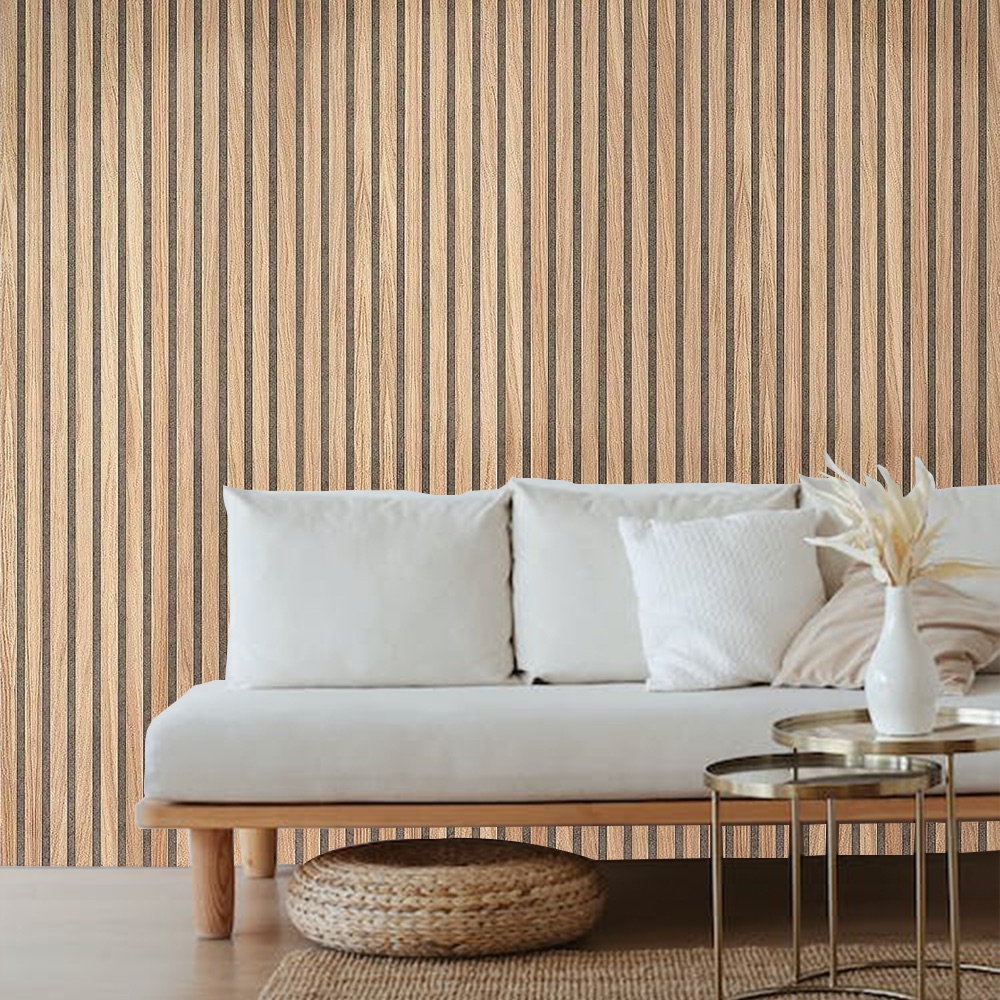When it comes to designing or upgrading a home, the material you choose for exterior walls is crucial. Not only does it determine the durability and longevity of your home’s façade, but it also significantly impacts its aesthetic appeal and insulation capabilities. For homeowners and professionals alike, selecting the best wood options for exterior walls can elevate a project’s success, blending timeless beauty with structural resilience.
Why Choose Wood for Exterior Walls?
Wood has long been a favorite for exterior walls due to its natural charm, sustainability, and versatility. Compared to synthetic materials, wood panels provide a unique texture and warmth that complements a wide range of architectural styles. However, not all wood types are created equal. To ensure your exterior walls stand the test of time, it’s essential to opt for wood species and finishes tailored to outdoor conditions.
Characteristics of the Best Wood Options
Durability, resistance to weather, and maintenance needs are key considerations when selecting wood for exterior walls. The best wood options share these essential qualities:
- Weather Resistance: Exterior walls must withstand rain, snow, UV rays, and fluctuating temperatures. Wood species with natural oils and dense grain patterns are more resistant to moisture and decay.
- Strength: Structural integrity is vital, especially for areas prone to high winds or heavy rains.
- Sustainability: Many homeowners now prioritize eco-friendly materials, making sustainably sourced wood an important factor.
- Low Maintenance: Treated or naturally durable wood requires less upkeep, saving time and costs in the long run.
Top Choices for Durable Exterior Walls
- Cedar
- Known for its natural resistance to decay, cedar is a top contender for exterior walls. Its ability to repel moisture and insects makes it a durable option, even in humid climates. Cedar also boasts a rich, earthy appearance that develops a silvery patina over time if left untreated.
- Redwood
- Redwood is celebrated for its beautiful reddish hues and resistance to rot. Its high tannin content acts as a natural preservative, making it an excellent choice for homes in wet or coastal regions. Redwood panels are lightweight yet strong, simplifying installation without compromising on durability.
- Teak
- As one of the most durable hardwoods, teak is a premium choice for exterior walls. It features natural oils that shield against moisture, fungi, and termites. While it comes with a higher price tag, teak’s unmatched longevity and luxurious look make it a worthwhile investment.
- Accoya Wood
- Accoya is engineered wood that undergoes a specialized acetylation process to enhance its durability. It resists shrinking, swelling, and warping, making it perfect for regions with extreme weather changes. Its sustainability credentials also appeal to environmentally conscious homeowners.
- Thermally Modified Wood
- Thermally modified wood, such as pine or ash, is treated with high heat to improve stability and resistance. This eco-friendly process eliminates the need for chemical preservatives while retaining the wood’s natural beauty.
Finishing Touches: Treatments for Enhanced Durability
Even the best wood options require appropriate finishes to extend their lifespan. Consider the following treatments to protect your exterior walls:
- Sealants and Stains: Water-repellent finishes prevent moisture infiltration while stains enhance the wood’s natural grain.
- UV-Resistant Coatings: Prolong exposure to sunlight can cause wood to fade or crack. UV-resistant coatings preserve the wood’s color and structural integrity.
- Preservatives: Chemical treatments provide an added layer of protection against termites, fungi, and other threats.
Selecting Wood Options
Here’s a quick comparison table to highlight the key features of the top wood choices:
| Wood Type | Durability | Weather Resistance | Maintenance Level | Cost |
|---|---|---|---|---|
| Cedar | High | Excellent | Moderate | Moderate |
| Redwood | High | Excellent | Low | High |
| Teak | Superior | Outstanding | Low | Very High |
| Accoya | Superior | Outstanding | Very Low | High |
| Thermally Modified | Moderate | Very Good | Moderate | Moderate |
This table simplifies the decision-making process, allowing you to weigh the pros and cons of each wood type at a glance.
Benefits of Installing Wood Exterior Walls
Choosing the best wood options for your exterior walls doesn’t just enhance your home’s appearance—it delivers long-term benefits:
- Natural Insulation: Wood has excellent thermal properties, helping regulate indoor temperatures and reduce energy bills.
- Timeless Aesthetic Appeal: Unlike synthetic materials, wood ages gracefully, adding character to your home.
- Environmentally Friendly: Sourced responsibly, wood is a renewable resource with a lower carbon footprint than alternatives like concrete or metal.
Tips for Proper Installation and Care
To get the most out of your wood exterior walls, follow these best practices:
- Choose Quality Materials: Opt for high-grade, kiln-dried wood to minimize warping.
- Prepare the Surface: Ensure the wall is clean and even before installation.
- Allow Ventilation: Proper airflow prevents moisture buildup behind the panels.
- Inspect Regularly: Check for signs of damage or wear and address them promptly.
- Apply Protective Finishes: Reapply stains or sealants as needed to maintain the wood’s resilience.
Frequently Asked Questions
-
What is the best wood for humid climates?
Cedar and teak are excellent choices due to their natural moisture resistance and anti-decay properties.
-
How often should I treat wood exterior walls?
Reapply sealants or stains every 2–5 years, depending on your climate and the product used.
-
Can I paint my wood exterior walls?
Yes, but ensure you use high-quality, weather-resistant paint designed for outdoor use to avoid peeling or cracking.
-
Are wood exterior walls eco-friendly?
Yes, if the wood is sustainably sourced. Options like Accoya and FSC-certified cedar are great eco-conscious choices.
-
What’s the most cost-effective wood for exterior walls?
Thermally modified wood and cedar offer a balance between affordability, durability, and aesthetic appeal.
By understanding the best wood options for exterior walls, you can make informed decisions that enhance your home’s beauty, functionality, and value for years to come. With thoughtful planning and care, your exterior wood walls will become a durable and timeless feature of your property.

